A reflection on the Easter Vigil 2023 homily of Pope Francis on April 8. Francis focuses on meeting the Lord in our own personal “Galilee,” the place where we first met him and became his disciples
By Robert Moynihan
“But the angel said to the women… ‘Go quickly and tell His disciples that He has risen from the dead and, behold, He is going before you to Galilee.’”—Matthew 28:1-8 (Pope Francis reflected on these lines in his Easter Vigil homily on April 8, 2023)
I was in St. Peter’s Basilica on April 8 when Pope Francis delivered his very eloquent and very personal Easter Vigil homily.
The heart of the Pope’s message was that we, like the Apostles, should “return to Galilee” to meet the Risen Christ.
“The night is drawing to a close and the first light of dawn is appearing upon the horizon as the women set out toward Jesus’ tomb,” the Pope began. “They make their way forward, bewildered and dismayed, their hearts overwhelmed with grief at the death that took away their Beloved. Yet upon arriving and seeing the empty tomb, they turn around and retrace their steps. They leave the tomb behind and run to the disciples to proclaim a change of course: Jesus is risen and awaits them in Galilee… There they will meet the Risen Lord.
“The rebirth of the disciples, the resurrection of their hearts, passes through Galilee.”
I listened to the Pope intently, weighing his words.
Francis continued: “Let us ask ourselves today, brothers and sisters: what does it mean to go to Galilee?”
Yes, I thought, what does it mean?
“Two things,” the Pope said. “On the one hand, to leave the enclosure of the Upper Room and go to the land of the Gentiles (cf. Mt 4:15), to come forth from hiding and to open themselves up to mission, to leave fear behind and to set out for the future.”
OK, I thought, to come forth from hiding, even in our very secular age, our “post-Christian” age — to come forth and (in my case) to write, and to speak, as a Catholic, as a disciple of Christ, and not to be silent, tongue-tied, afraid… even in such places as in this editorial…
Francis continued: “On the other hand, and this is very beautiful, to return to the origins, for it was precisely in Galilee that everything began. There the Lord had met and first called the disciples. So, to go to Galilee means to return to the grace of the beginnings, to regain the memory that regenerates hope, the ‘memory of the future’ bestowed on us by the Risen One.
“In other words,” Francis went on, the good news of Christ’s Resurrection “asks us to relive that moment, that situation, that experience in which we met the Lord, experienced his love and received a radiantly new way of seeing ourselves, the world around us and the mystery of life itself.
“Brothers and sisters, to rise again, to start anew, to take up the journey, we always need to return to Galilee, that is, to go back, not to an abstract or ideal Jesus, but to the living, concrete and palpable memory of our first encounter with him. Yes, to go forward we need to go back, to remember; to have hope, we need to revive our memory. This is what we are asked to do: to remember and go forward!
“If you recover that first love, the wonder and joy of your encounter with God, you will keep advancing. So remember, and keep moving forward.
“Remember your own Galilee and walk towards it, for it is the ‘place’ where you came to know Jesus personally, where he stopped being just another personage from a distant past, but a living person: not some distant God but the God who is at your side, who more than anyone else knows you and loves you.
“Brother, sister, remember Galilee, your Galilee, and your call. Remember the Word of God who at a precise moment spoke directly to you. Remember that powerful experience of the Spirit… Each of us knows where our Galilee is located. Each of us knows the place of his or her interior resurrection, that beginning and foundation, the place where things changed. We cannot leave this in the past; the Risen Lord invites us to return there to celebrate Easter.
“Remember your Galilee. Remind yourself. Today, relive that memory. Return to that first encounter. Think back on what it was like, reconstruct the context, time and place. Remember the emotions and sensations; see the colors and savor the taste of it. For it is when you forgot that first love, when you failed to remember that first encounter, that the dust began to settle on your heart. That is when you experienced sorrow and, like the disciples, you saw the future as empty, like a tomb with a stone sealing off all hope… Let us return to Galilee, to the Galilee of first love.”
As I reflected on the Pope’s words in St. Peter’s Basilia on the Vigil of Easter, I recalled my own “Galilee,” my experience as a boy attending Mass in the late 1950s and early 1960s. And in my mind’s eye, I saw my father, kneeling. He was then in his early 30s. I saw him place his face in his hands in prayer. I saw him strike his chest with his hand as he said, “mea culpa, mea culpa, mea maxima culpa” — “through my fault, through my fault, through my most grievous fault.” I recalled wondering, “What is he thinking? What is the fault that he is accusing himself of, and asking forgiveness for? And why does he place his face in his hands?”
And I recall in those moments conceiving of our universe as a moral one, one in which we have freedom to act rightly or wrongly. One in which, if we act wrongly, as may occur, we may turn to One who can forgive, and heal, and enable us to go forward again. In other words, a world of possible redemption.
And I remember sensing that we were in the presence, in that chapel, of the “highest,” the “best,” the “most holy” — the very “Word of God,” whom we referred to as Dominus, “Lord,” as when we said Dominus vobiscum, “The Lord be with you.”
And so it was that, as I reflected on the homily of Pope Francis on the Vigil of Easter, I did return to my own personal Galilee, a parish church in a small town in Connecticut, kneeling by my father, watching him, and watching as the priest lifted the host and chalice, and hearing my father say, “My Lord and my God.”

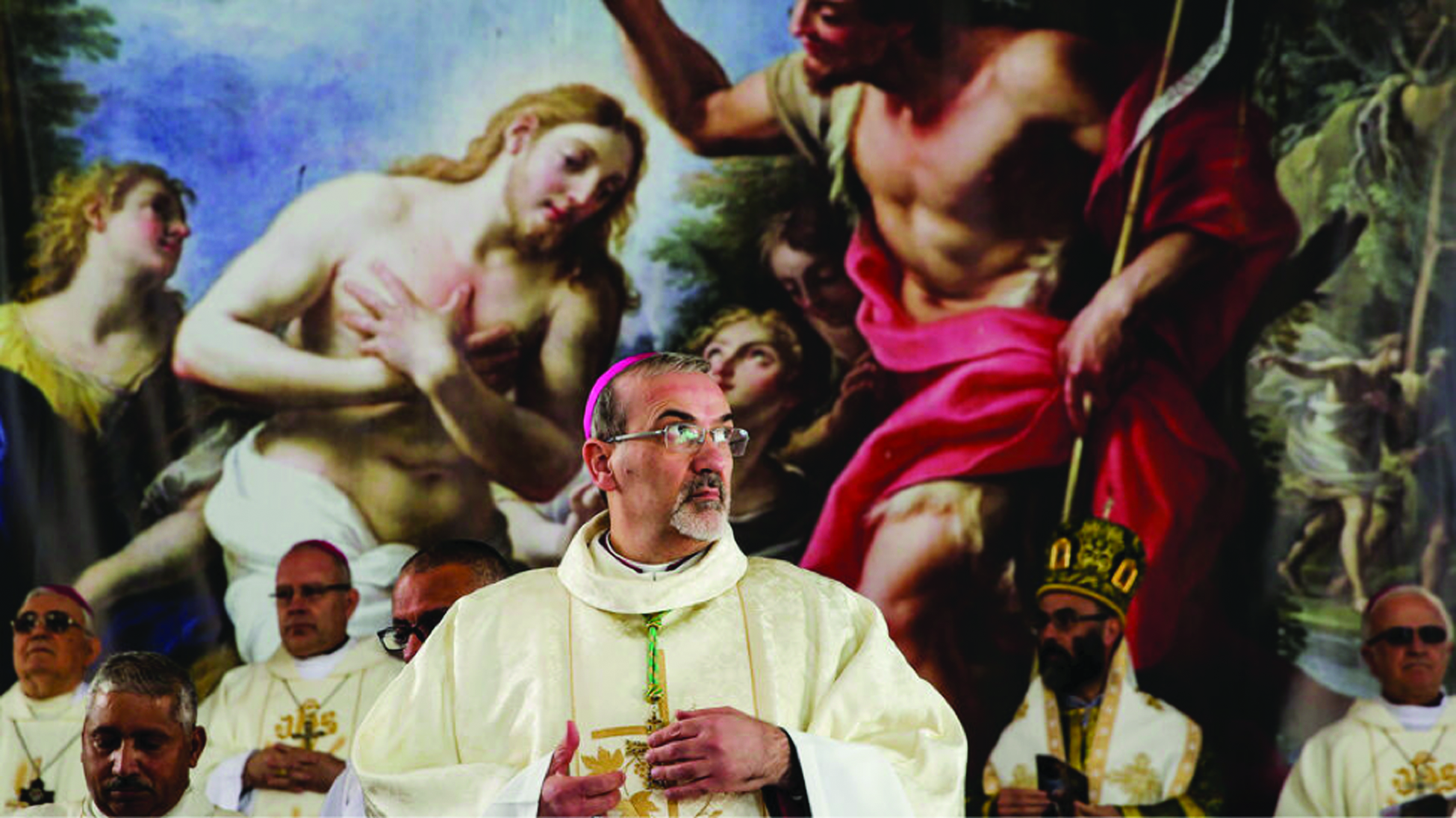
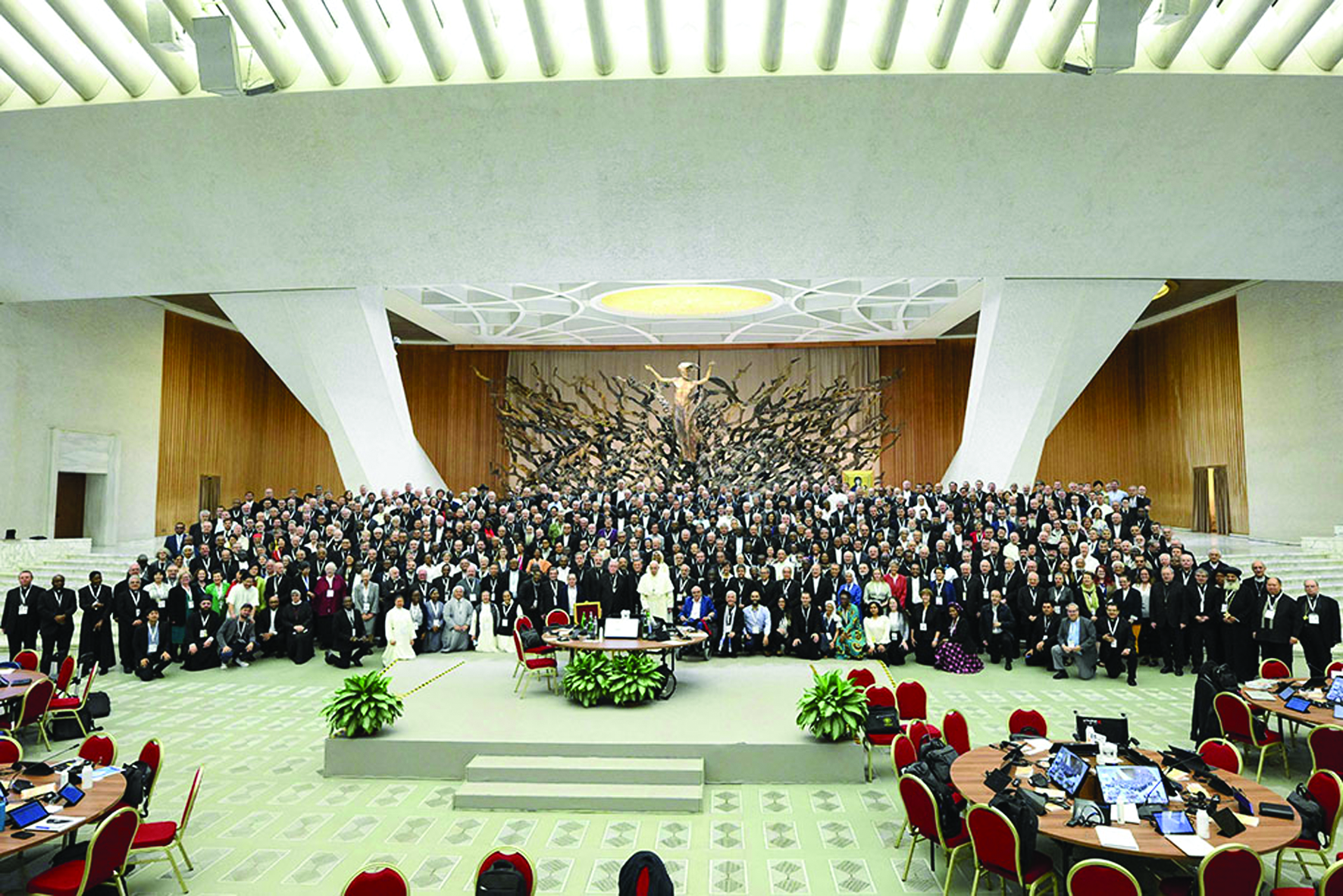
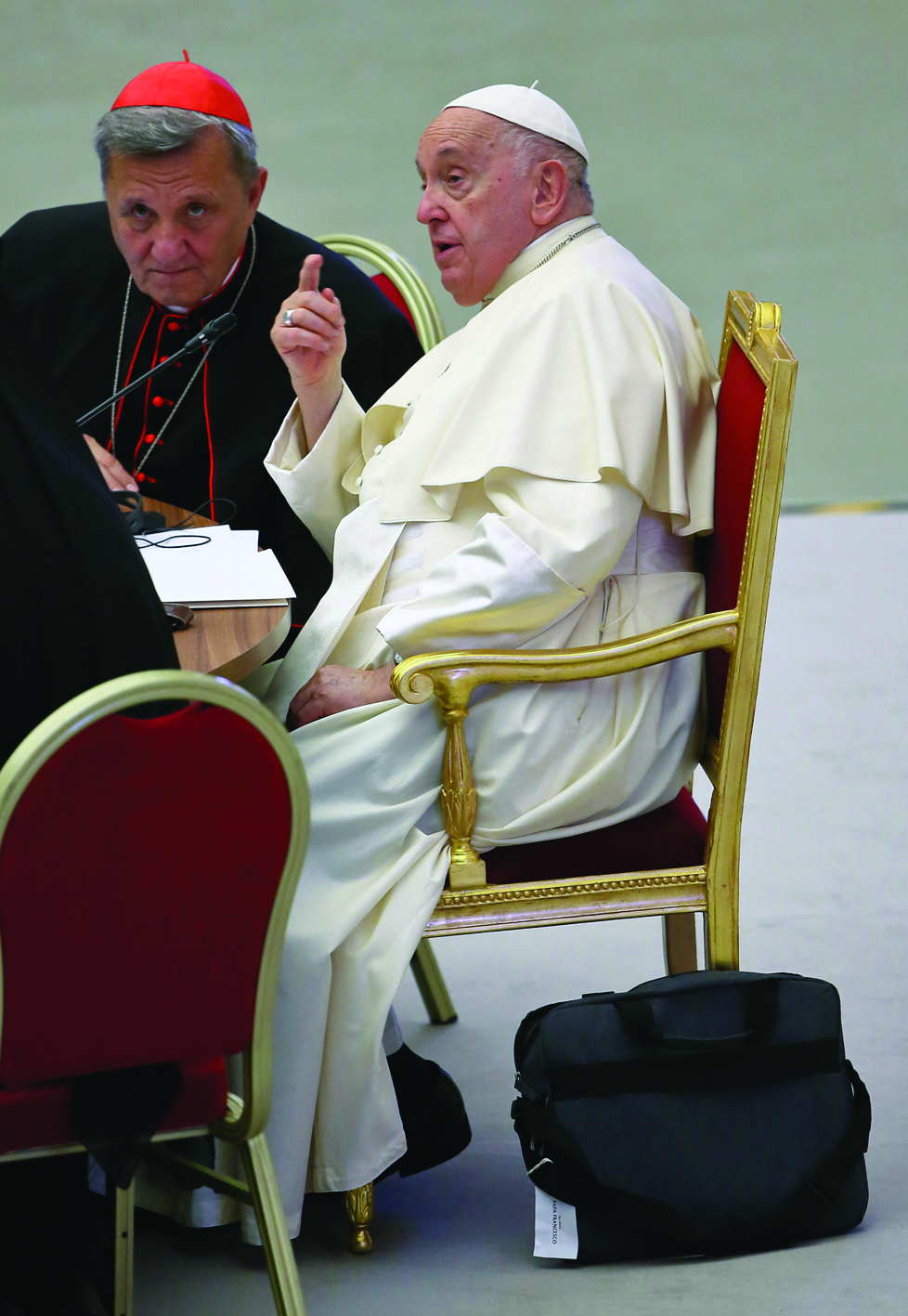
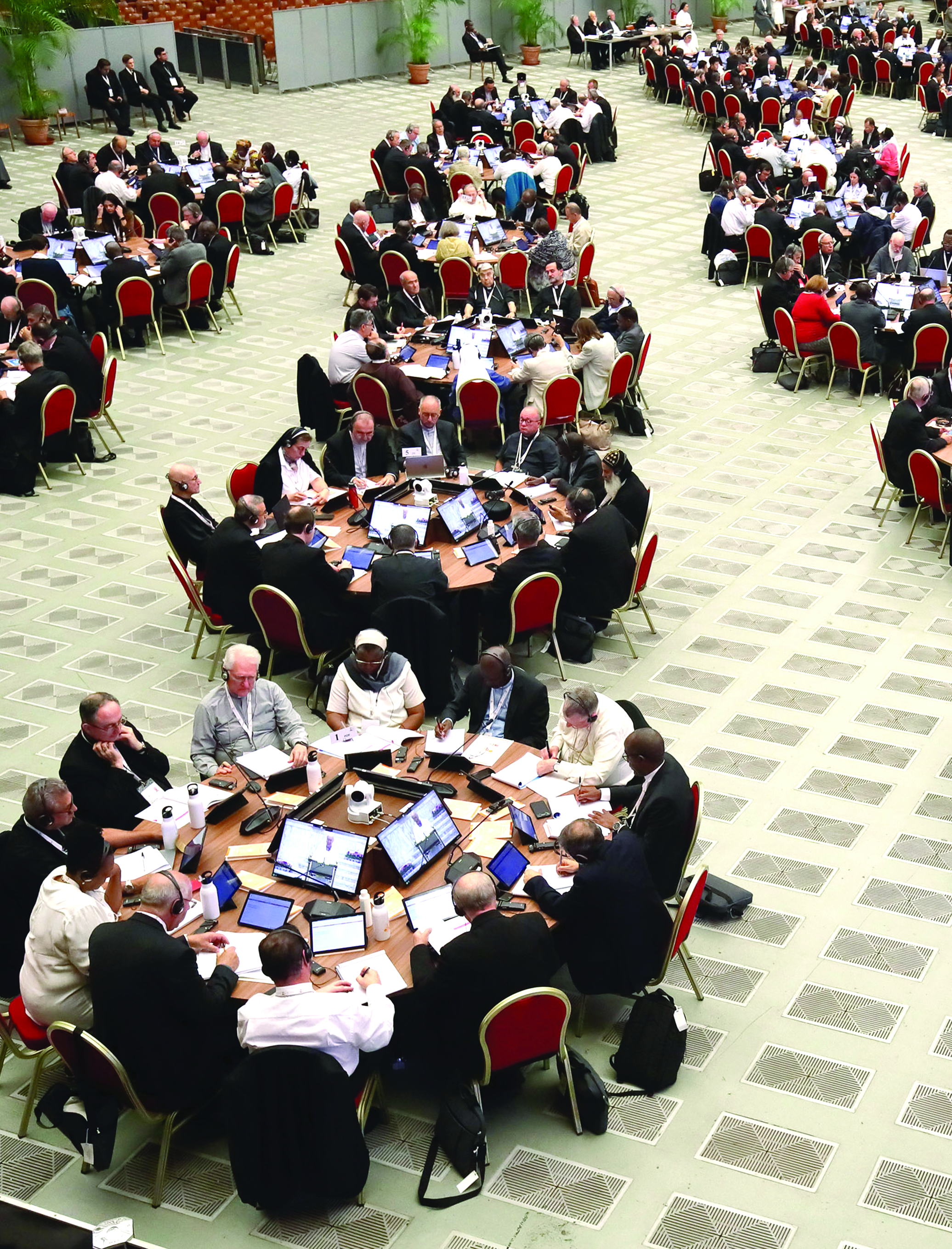
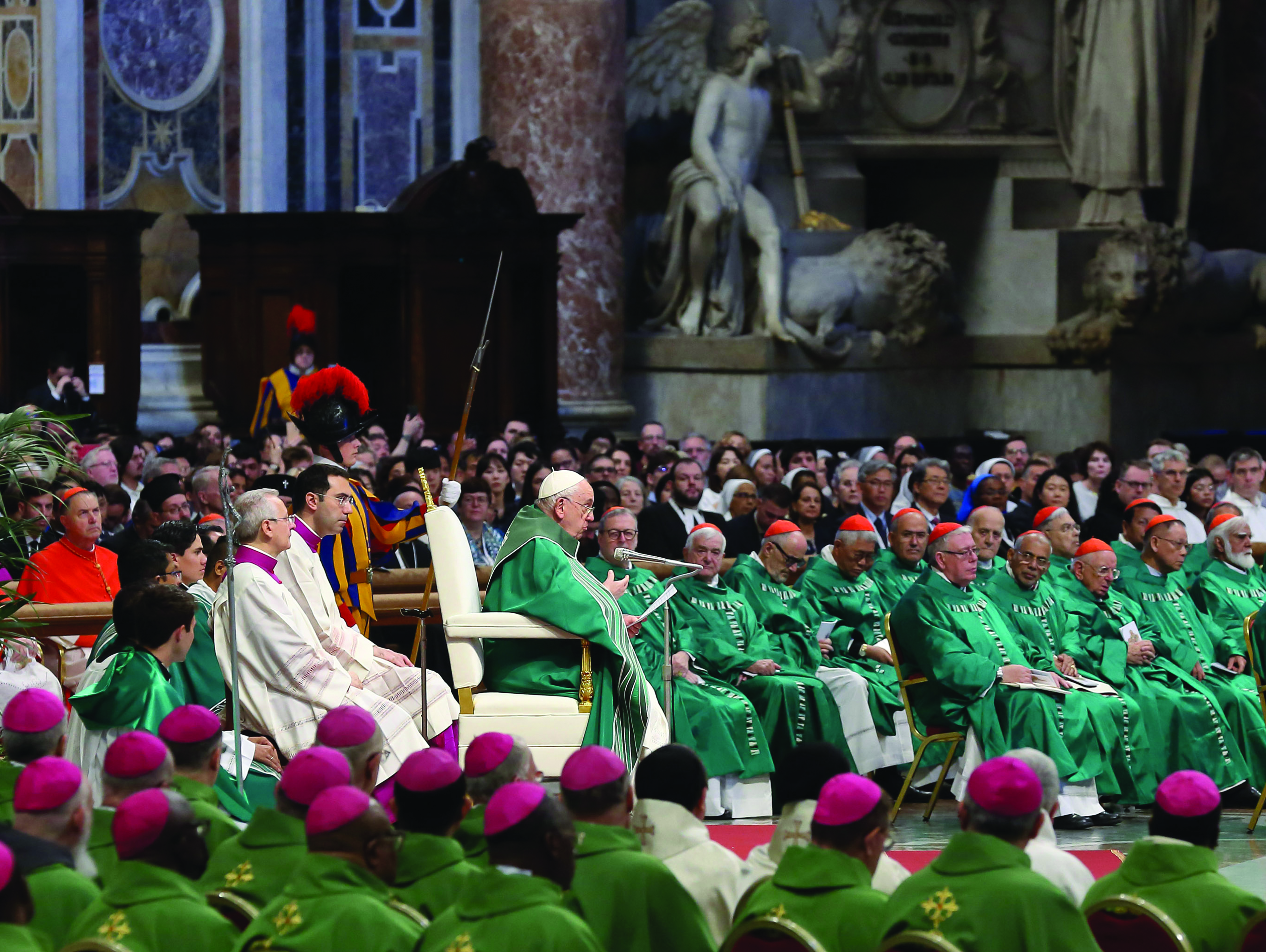
Facebook Comments